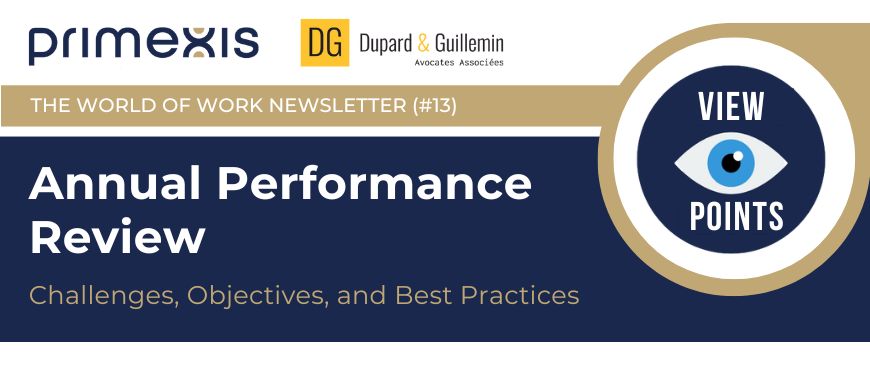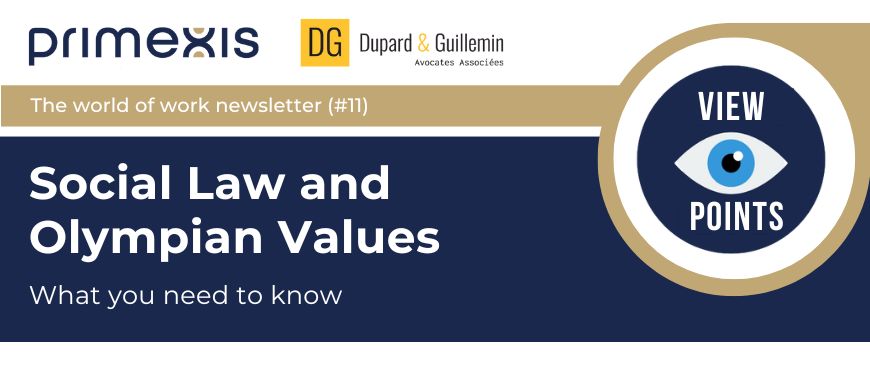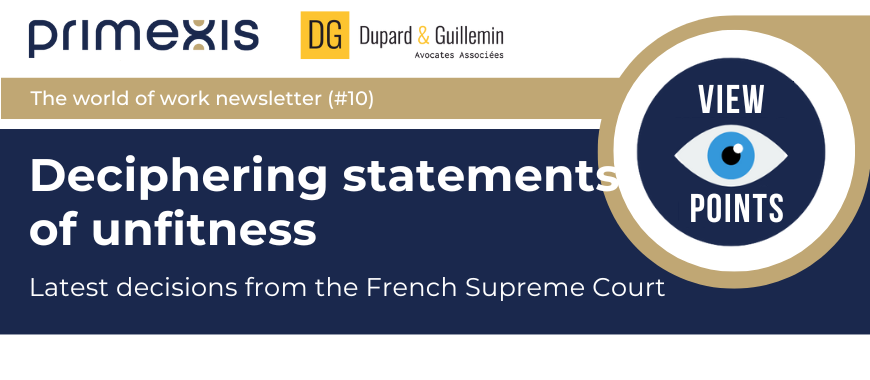Professional Training,
Combining Obligations & Corporate Strategies

In an ever-changing professional world, training is no longer an option but a necessity. In addition to legal obligations, investing in employee training means choosing performance, innovation, and the long-term future of the company. What are the legal training obligations? What role do stakeholders play? What are the key steps of the Skills Development Plan?
Professional Training
A win-win investment for your company and your employees
The employer’s training obligation is continuous and constantly increasing throughout the employment contract.
– At the time of hiring, the employer must inform the employee of his or her right to training (cf. article R 1231-34 of the French Labor Law)
– During annual reviews, it is important to carry out an analysis of training needs and an assessment of training taken or the reason for refusal. Mandatory annual reviews include: a review every two years, a review after returning from leave (maternity leave, parental leave, sabbatical leave, etc.), a review with employee representatives at the end of their term when their delegation hours have exceeded 30% of their working hours, and a career review every 6 years
– Throughout the contract, the French Supreme Court has ruled that the training obligation applies even for an employee who does not need it to do his or her job properly or during a promotion (Cass.Soc., N°16-24.152 of 12 Sept. 2018)
– In the even of difficulties in a position, training is one of the first tools to be implemented according to the French Supreme Court precedent
– In the event of an eliminated position and medical unfitness, the employer must seek to redeploy employees by offering additional training (cf. article L 1233-4 of the French Labor Code). However, the employer is not obligated to provide the initial training
What are the goals? To enable employees to carry out not only their job but also another one, taking into account the rapid evolution of technologies and organizations.

Roles of the Stakeholders in Training
If an employee can be proactive, only the employer is responsible for the training (Cass. soc., N°19-12.105 of 8 July 2020).
However, if the company has more than 50 employees, the employer must ask the opinion of the CSE (Social and Economic Committee) and possibly the Employment/Training Commission about employment and skills management, as well as professional training guidelines and the skills development plan (cf. article L. 2312-24 of the French Labor Code).
Skills Development Plan
Steps & Challenges
The Skills Development Plan is the document in which the employer defines its training policy for the coming year. Although it is often regarded as a legal training obligation, like safety training, a well-prepared plan is a genuine tool for the company’s strategic orientation.
To align the profession’s needs with the company’s challenges, it is important not to neglect the following steps:
– Steps of the plan: identify future training needs, define training actions to implement, choose adequate training engineering, and select the most appropriate support and follow-up by the training organization
– Stakeholder commitment: involve managers in the process, consult the CSE to obtain their opinions, and communicate clearly with the employees about proposed training
Ideally, it should be implemented in conjunction with performance evaluation reviews and fit perfectly within the strategic human resource planning (GEPP).

Did you know?
National Collective Agreements often include specific obligations adapted to each sector of activity. It is essential to consult them regularly, as they may contain important provisions concerning the rights and duties of employers and employees, particularly in regard to training, working hours, and working conditions.
___________________________
Social law is a living law that is constantly changing. This is why Primexis, in collaboration with the law firm Dupard & Guillemin, provides you with regular support and answers your questions from the viewpoint of Payroll and Labor Law.


